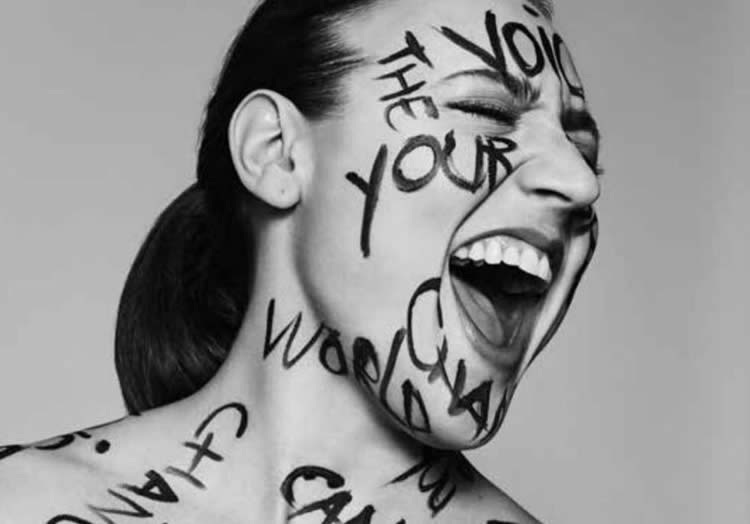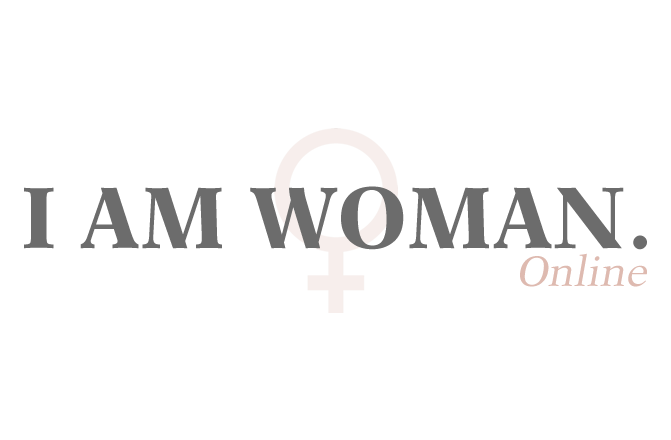
When Donald Trump was elected president in November 2016, the world gasped. It was shocking that a racist, sexist businessman had won the most prestigious job role against one of the most qualified candidates in history (okay, I’m bias.) Due to Trump statements and his positions, he is regarded by many as anti-women, and to many women in American the idea of having Trump as president made them physically sick with dread. . . So they decided to do something about it.
Breanne Butler was working as a pastry chef in New York when she came across a post on Facebook the day after the election. The post, uploaded by Teresa Shook from Hawaii, was asking for women to get involved in organising a protest march for Trump’s first week in office. Breanne was one of the first people to respond, and was made admin of the group.
“To be honest it didn’t’ take a lot to get peoples interest, that was already there, it was about managing everything, it was all coming really fast,” Breanne said. “It was difficult in the global communications space because we were working with so many different time zones. I could literally be up at 2 in the morning talking to people in California for instance and then three hours later my phone would be ringing from people with London.”
The page quickly went global, with countries all around the world getting involved and organising their own marches. With countries such as Japan, Switzerland, England and Australia to name a few, reaching out want to organise their own marches it became clear that this was more about just one man in office.
“It was so cool to see women all around the world getting involved, because despite it being about Donald Trump initially, that is not going to affect women in India or even the UK that much. It was amazing to see the women scientist in Antarctica marching for climate change, and women in Latin American marching for gender violence, so it was definitely a march for the bigger picture rather than just what was happening in America.”
The march, which took place on every continent in January 2017, was the biggest protest in American history with an estimated 5,246,670 taking part. The main aims of the march were to advocate legislation and policies regar

Breanne Butler
ding human rights and other issues, including women’s rights, immigration reform, healthcare reform, reproductive rights, the natural environment, LGBTQ rights, racial equality, freedom of religion, and workers’ rights.
“There are issues that women have been dealing with all around the world, feeling oppressed, feeling their being marginalised, not being treated equally to their male co-workers. So there were a lot of frustrations in women in particular. Women are the most oppressed people in the world, and then if you take that a step further black women and Muslim women its way worse,” she said. “So the idea of calling it Women’s march was that ‘look if we can liberate a black woman we can liberate a black man in the process’. That’s why it was called the Women’s March, it’s not saying we’re exclusive of men we’re just saying that women need to lead and men need to be allies and speaking up when they see us being silenced.”
Since the march, Breanne has continued with her work for The Women’s March full time. Their main focus right now is the November mid-term elections, and fighting the ever-growing police brutality against the black community problem throughout the states.
“We had over 5 million people marching around the world, so be able to engage with them and being able to use our platform to educate people on the problems that they might not know exist and then also trying to tell them what the solution the is and how they can get involved in working on that solution.”
For Breanne, her main hopes that come from her activism and the work of The Women’s March, is to inspire the younger generation to vote.
“. I hope people just take the time to understand the larger picture of what is happening in the world rather than just staying complacent. I hope that people, especially young people see what’s happening and that they see the importance of it, and using their rights to change the political and cultural aspect of our world right now.”
